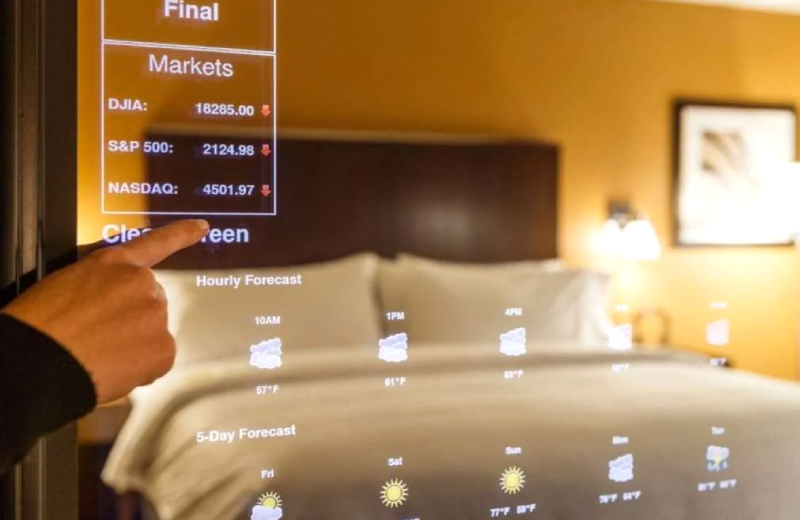
South Africa’s hospitality sector was hard-hit by the 2020 lockdowns and is still feeling the impact two years later. Even though restrictions have been lifted somewhat, international tourism is a fraction of what it was. This means that the market is more competitive than ever, and the customer experience is a point of competitive differentiation that is key to weathering this storm.
While IT is often a grudge purchase, the reality is that technology is the fundamental underpinning of excellent customer experiences. However, there is also a balance that needs to be struck between technology and people. Ultimately, the hospitality sector requires a human touch, so technology needs to support the people in the industry to be the best they can be and deliver the best experiences they can to their customers.
Competing for a slice of the pie
The reality today is that hospitality cannot count on foreign tourism, and the local tourism industry must contend with people who have less disposable income than ever. People have become far more discerning in a market that is more competitive than ever, so businesses within the sector need to be able to deliver amazing experiences. The customer experience is the vital point of differentiation because word of mouth and personal recommendations carry a lot of weight.
The challenge is that many businesses in the sector have been forced to downscale their staff complement, and are now the very definition of trying to do more with less. This is where technology becomes a critical enabler, to support staff in their ability to do their jobs well and efficiently. For better or worse, the pandemic has changed the way people interact with each other, and a certain level of automation, while still maintaining that essential human touch, has become key as the world finds its balance.
Nobody has time for slow systems
Technology has a critical role to play in delivering exceptional customer experiences because customers have come to expect seamless processes. For example, if you arrive at a hotel and it takes ages to complete the check-in because the computer system is slow and the machine for coding room keys is offline, this will have a significant negative impact on your overall impression of the trip. In contrast, if this process is quick and the technology acts as an enabler instead of a hindrance, the overall experience is improved.
Pairing people with technology to achieve excellence
Point of sale systems is one area where having newer systems and hardware is of the utmost importance because nobody has time for slow systems. Investing in new technology is fundamental to the ability to deliver excellent experiences. However, technology cannot operate in isolation; we need to pair people with technology to drive excellent customer service. We also need to be able to get the basics right, from the complimentary Wi-Fi to Central to hybrid conferencing solutions.
Nothing is more frustrating to customers than technology that does not work, so your IT support becomes an essential partner for success. The sign of good technology is a technology that works smoothly, seamlessly, as expected, and in the background, without significant effort. The sign of good support is having people available to resolve issues quickly to minimise the impact and maximise the customer experience.
Have a plan
Technology is not a replacement for people, it should be used to support people. However, it remains a critical investment, particularly in today’s challenging times. Rather than viewing IT as a grudge purchase, it should be viewed as an enabler of excellence, and as such having a technology investment plan can be invaluable. Above all, have a strategy in place for maintenance and upgrades, so that any expense is incremental, and partner with a reputable, experienced provider to ensure smooth, seamless, and uninterrupted services for guests and staff members alike.
By Raeford Liebenberg, Manager at Silvermoon, a Galix company.
Edited by Zintle Nkohla
Follow Zintle Nkohla on Twitter
Follow IT News Africa on Twitter